What Are the “Five Blessings” Commonly Mentioned by the Chinese?

In the TV drama Perfect Match (《五福临门》), the five daughters of the Li family are named Shouhua (寿华, representing longevity), Fuhui (福慧, representing fortune and wisdom), Kangning (康宁, representing health and peace), Haode (好德, representing virtue), and Leshan (乐善, representing kindness), corresponding to five types of happiness. In fact, these names are not entirely original to the author but have a profound historical origin.

“Fortune” is one of the oldest concepts among the Chinese. According to Shuowen Jiezi (an ancient Chinese dictionary), fortune means being blessed. The ancient Chinese have long yearned for “fortune”. In the poem King Wen from Classic of Poetry – Da Ya (《诗经·大雅·文王》), it is written that if one wants to match the mandate of heaven for a long time, one must rely on one’s own efforts to pursue more fortune. Hanfeizi – Explanation of Laozi (《韩非子·解老》) holds that “fortune” encompasses connotations such as a long and healthy life, wealth, and honor. Xunzi – Tianlun(《荀子·天论》) advocates that one can obtain fortune by conforming to the laws of nature and society. The Book of Rites – Sacrificial Rules (《礼记·祭统》) believes that one should both do one’s best and follow the way of all things, so as to achieve fortune smoothly. It can be seen that as early as the Pre – Qin period, the Chinese people already attached great importance to the pursuit of a happy life and began to explore specific ways to achieve it.
Apart from these written interpretations of the concept of “fortune”, due to the Chinese people’s deep – seated love for fortune, the Five – Fortune pattern came into being. This pattern has been applied to various utensils in daily life, such as Hanfu, furniture, and daily necessities.
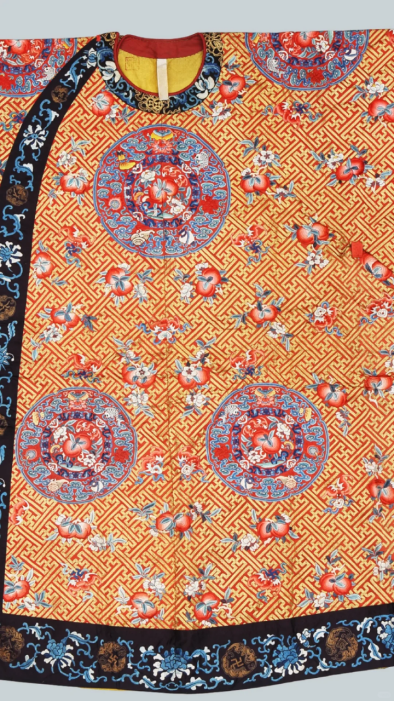
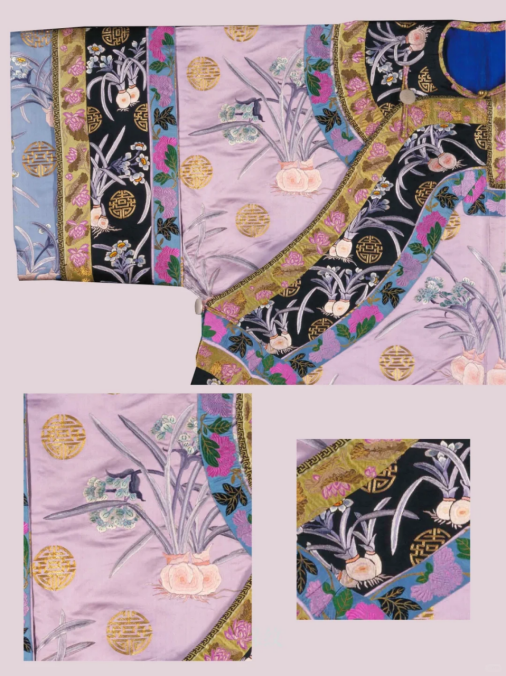

Ⅰ. What Are the Five Blessings?
Among all the concepts related to fortune, the most well – known one is the “Five Blessings” in the saying “Five Blessings Descend upon the House”. But what exactly are these five types of blessings?
The earliest known concept of the “Five Blessings” comes from The Book of Documents – Hongfan (《尚书·洪范》), which mentions the “Five Blessings” as follows:
“The first is longevity, the second is wealth, the third is health and peace, the fourth is having a good virtue, and the fifth is a natural death.“
Ⅱ. Longevity
“Longevity”, which ranks first among the Five Blessings, means a long life. Among the 53 occurrences of the character “fortune” in Classic of Poetry , 21 are related to longevity. The phrase “May your lifespan be as long as that of the Southern Mountain”, which we often use to wish elders a long life today, comes from the line “Like the longevity of the Southern Mountain, it will never decline or collapse” in Classic of Poetry. This was the Zhou people’s interpretation of longevity. The pursuit of longevity has also led to the development of traditional health – preservation techniques and the way of respecting the elderly in Chinese culture. Peng Zu, who is said to have lived over 800 years, was regarded by Zhuangzi as a typical example of achieving longevity through health – preservation methods. In ancient times when people generally didn’t live very long, the elderly were seen as symbols of wisdom and experience, and were respected and loved. There were not only official systems such as tax and corvee exemptions to protect them, but they also received special treatment in various ceremonial activities like the Rural Drinking Ceremony. During the Han Dynasty, the government often presented long – lived elders in the countryside with a “dove – headed cane” symbolizing power, and they could enjoy certain political and economic benefits.
The cultural relic in the picture below is the Shoushan Stone seal engraved with “Wufu Hall (五福堂)”. The “Five Blessings” were the goals that the ancient Chinese people pursued for a happy life. Emperors in the Qing Dynasty also highly valued the “Five Blessings”. Emperor Kangxi inscribed the plaque of “Wufu Hall” and bestowed it on Emperor Yongzheng. Emperor Yongzheng then reverently copied these three characters and hung them in the Yonghe Palace and the Old Summer Palace to be passed down forever. This seal was made after Emperor Kangxi bestowed the plaque.

Ⅲ. Wealth
Both Annotations to Shuowen Jiezi , Shiming and The Book of Rites – Jiao Te Sheng (《礼记·郊特牲》) state that “wealth is fortune, both in pronunciation ‘fu’ and meaning”, which is sufficient to show that the ancients believed there was a close connection between “wealth” and “fortune”. The pursuit of wealth and prosperity is a natural human desire, and an abundance of wealth is one of the fundamental conditions for a happy life. For people of different social classes, “wealth” also has different meanings. The Book of Rites – Qu Li Xia (《礼记·曲礼下》) records that for a monarch, the pursuit of wealth is manifested in a vast territory and rich natural resources in mountains and lakes. For a high – ranking official, it is shown by having sufficient tax revenues from fiefs and not having to borrow sacrificial utensils and robes for rituals. For a knight – errant class, it means having numerous chariots, while for common people, it is reflected in having a prosperous livestock population. The Rites of Zhou -Tianguan – Taizai (《周礼·天官·太宰》) also states that those in power should “win the people with wealth”.
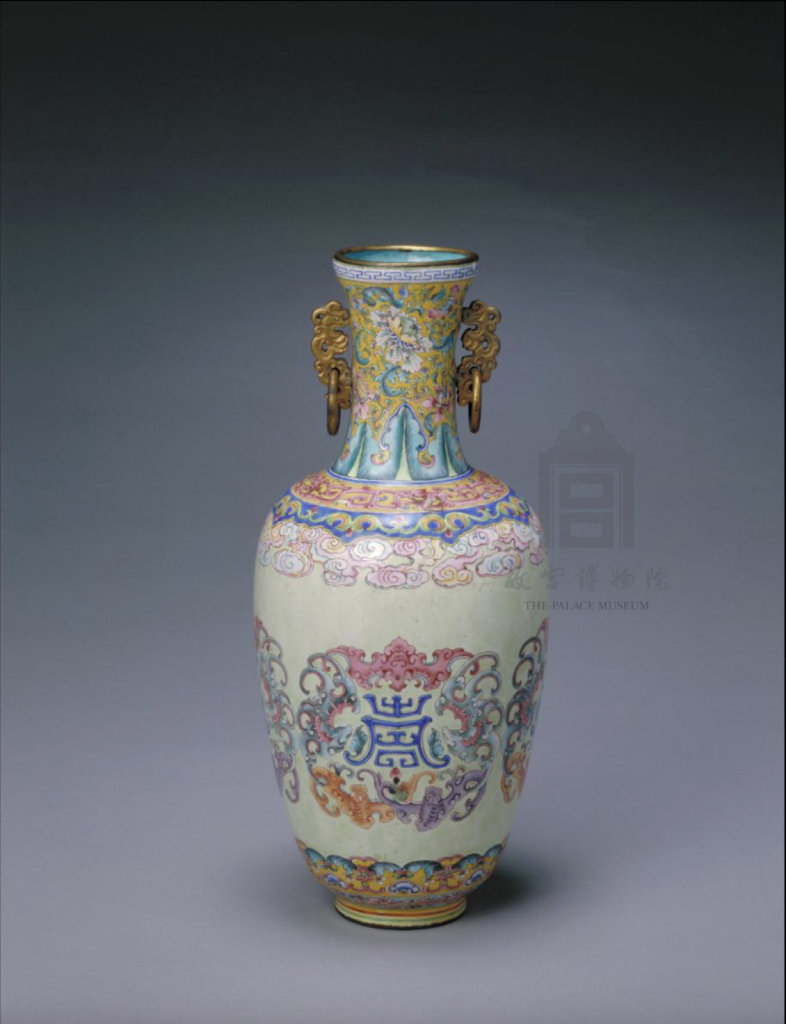
From the perspective of rulers, a wealthy country can attract the people, and allowing the people to enjoy wealth can enhance their sense of happiness and enthusiasm, thus promoting the long – term development of the country. It seems that the saying “the economic base determines the superstructure” is true. Without money, where can happiness come from? Having money doesn’t necessarily mean being happy, but not having money will definitely lead to unhappiness.
Ⅳ. Health and Peace
“Health and peace” encompasses both physical well – being without illness and a peaceful mind and a stable life. When Kong Yingda annotated The Book of Documents – Hongfan (《尚书·洪范》), he defined “health and peace” merely as “being free from illness”. This was because by the Tang Dynasty, the meaning of “health and peace” had narrowed. However, in the Pre – Qin period, besides physical health and safety, “health and peace” more referred to a stable and peaceful life. Erya – Shigu (《尔雅·释诂》) explains that the characters “kang” and “ning” have meanings such as joy, tranquility, and peace. The Book of Documents – Duoshi (《尚书·多士》) records an edict issued by the Duke of Zhou to the descendants of the Yin people. It mentions “health and peace”, stating that the Duke of Zhou relocated the descendants of the Yin people (殷人) to the west, making their lives unstable and restless. This was not his own intention but the will of heaven. Legend has it that during the reign of King Li of Zhou, his tyrannical rule made the people suffer greatly. The term “moderate prosperity” in poems at that time referred to the peaceful life that the people desired. Regarding “health and peace” as one of the Five Blessings reflects the common people’s pursuit of living and working in peace and contentment.
Ⅴ. Having a Good Virtue
Similarly, “having a good virtue” doesn’t merely mean that an individual has good moral character, but also that the country has sound political systems and governs with virtue. The original meaning of the Chinese character “德 (de)” is “to obtain”, so one has to continuously cultivate and improve one’s virtue in order to achieve something. The concept of “德” among the Zhou people was closely related to the mandate of heaven and political systems. After the Spring and Autumn Period, an individual’s personal conduct and integrity were also regarded as part of “德”. Guoyu – Jinyu (《国语·晋语》) records that Fan Wenzi, a senior official of the Jin State, advocated that good virtue was the prerequisite for obtaining blessings. If an immoral person received great fortune, it would be like building a high wall without a solid foundation, which would soon collapse. The Zhou people believed that heaven would listen to the opinions of the people, examine the situation of the people, punish evil and promote good. Therefore, rulers must be diligent in government affairs and love the people, and appoint wise ministers. Zuo Zhuan – Xianggong Twenty – Fourth Year (《左传·襄公二十四年》) also records that Zichan, the chief minister of the Zheng State, advocated that those in power should be committed to cultivating good virtue so that the people would be happy and harmonious. Only when the people were happy could the country last long.
Ⅵ. A Natural Death
“A natural death” means “dying a good death in old age”, emphasizing passing away without illness and dying a proper death at the end of a long life. Taking “a natural death” as the final blessing among the Five Blessings reflects the ancient Chinese concept of a good beginning and a good end. In The Analects – Xue Er (《论语·学而》), it is said that “be cautious at the end and remember the past, and the people’s virtue will become sincere”. Having a calm and optimistic attitude towards the peaceful end of life is an embodiment of the ancient Chinese philosophy of death.
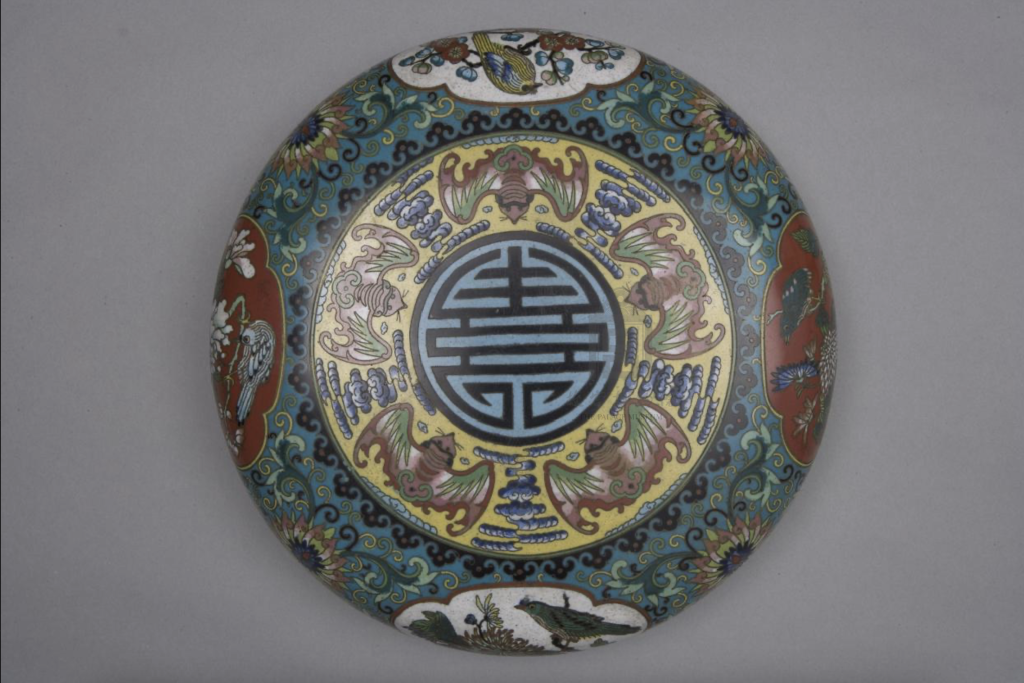
There is a “Wufu Hall” named by Emperor Kangxi in the Old Summer Palace, and he personally wrote the plaque of “Wufu Hall”. In the 49th year of Emperor Qianlong’s reign (1784), Zai Xi (载锡), the first son of Yi Chun (奕纯), was born. He was Emperor Qianlong’s first great – great – grandson. Therefore, Emperor Qianlong inscribed the plaque of “Wufu Wudai Hall” in the Jingfu Palace and wrote an “Ode to the Five Blessings”, expressing his pursuit of the Five Blessings.
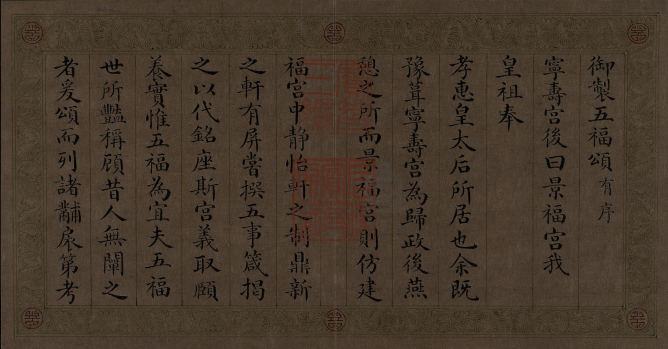
Ⅶ. The New Five Blessings
With the development of the times, the Five Blessings recorded by the Han Dynasty scholar Huan Tan in New Treatise (《新论》) had changed. They became “longevity, wealth, high social status, peace and happiness, and numerous descendants”. People in the Han Dynasty pursued high social status and the prosperity of their descendants, which was a secular development of the Five Blessings in Hongfan (《洪范》). Since the Ming and Qing dynasties, the “Five Blessings” in folk beliefs have been “fortune, emolument, longevity, happiness, and wealth”.
Each of these “Five Blessings” corresponds to a divine official. Among them, the God of Fortune encompasses all the beautiful wishes and goals in secular life. The God of Emolument represents official rank, nobility, and power. The God of Longevity represents a long life, living to a ripe old age. The God of Happiness symbolizes good luck and festivity, and the God of Wealth is in charge of financial fortune. The picture of Hanfu above actually features the pattern of longevity
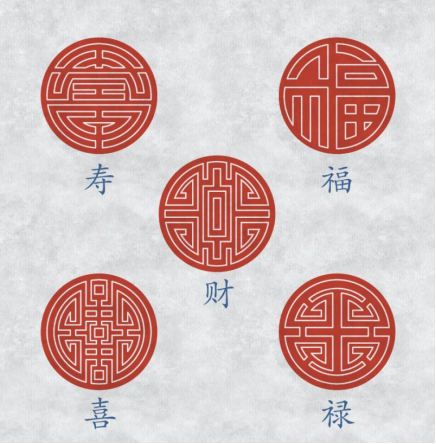
Summary
After learning all this, you should understand that these “Five Blessings” represent a complete life journey. All the blessings in this journey need to be cultivated by oneself. It’s always right to do more good deeds. No matter how your life was before, focus on being a better self first. Luck will find the person who deserves it on its own.
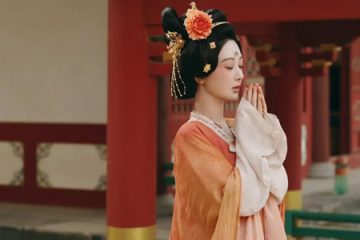
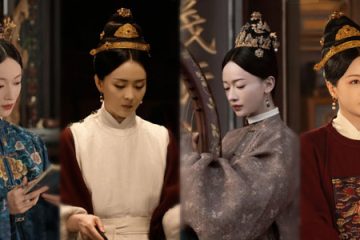
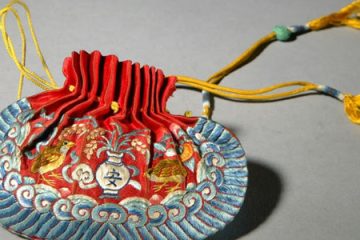
0 Comments